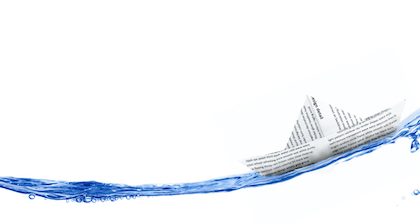Coaching is working with a client to incorporate new awareness, growth, and independence around personal goals. This means the co-active partnership has a beautiful sunset at the end of each cycle, or perhaps just one. Coaching is about building a route with a client, and with newly learned tools the client moves into complete independent cruising. Because goals are defined with clarity from the get go, the destination is understood by both the coach and the client. These vital milestones are to be formed in the very beginning of the relationship, which is the reason that knowing what success looks like for each client is imperative. There are times when a client realizes after reaching their destination that there are many more mountains to climb, and may decide to continue to work with a coach.
A coaching relationship is formed in such a way that if new goals arise in conversation, a coach is there to reconnect the new ideas with the established framework. It could also be that the coach assists with clarity around a new vision or goal setting as well. However the coaching conversation goes, it is the coach’s job to ask questions which find organization for the client.

Examples of Questions:
- What does success look like?
- How will you know you have met your vision?
- How do you want to celebrate your success?
- Where do you want this work to lead?
- How will we create a new agreement? (when a new coaching initiative births)
- What will it look like when you arrive?
Knowing when to end the relationship has a lot to do with how the coaching agreement was set-up in the first place. Whether there are specific goals, a limited number of sessions, or a time frame, there is a defined sunset. If goals have been met prior to the number of sessions listed on the agreement, it is up to the client how to proceed. Either a new agenda is set, or the client may decide to terminate the coaching cycle. There are many ways to reach the end. Just be sure to keep it clear, and up to the client as how to end the cycle. The exceptions to this process are: if there is an ethical issue or if the client has outgrown a coach’s offerings.
Ensuring the coaching is beneficial to the client is an important part of the International Coaching Federation competencies. If a coaching partnership proceeds past a client’s initial goals, a new agreement can be formed. If the coaching has served it’s purpose, it may time for ending the coaching cycle. Ultimately coaching encourages empowerment through a client’s self-direction and independence.





